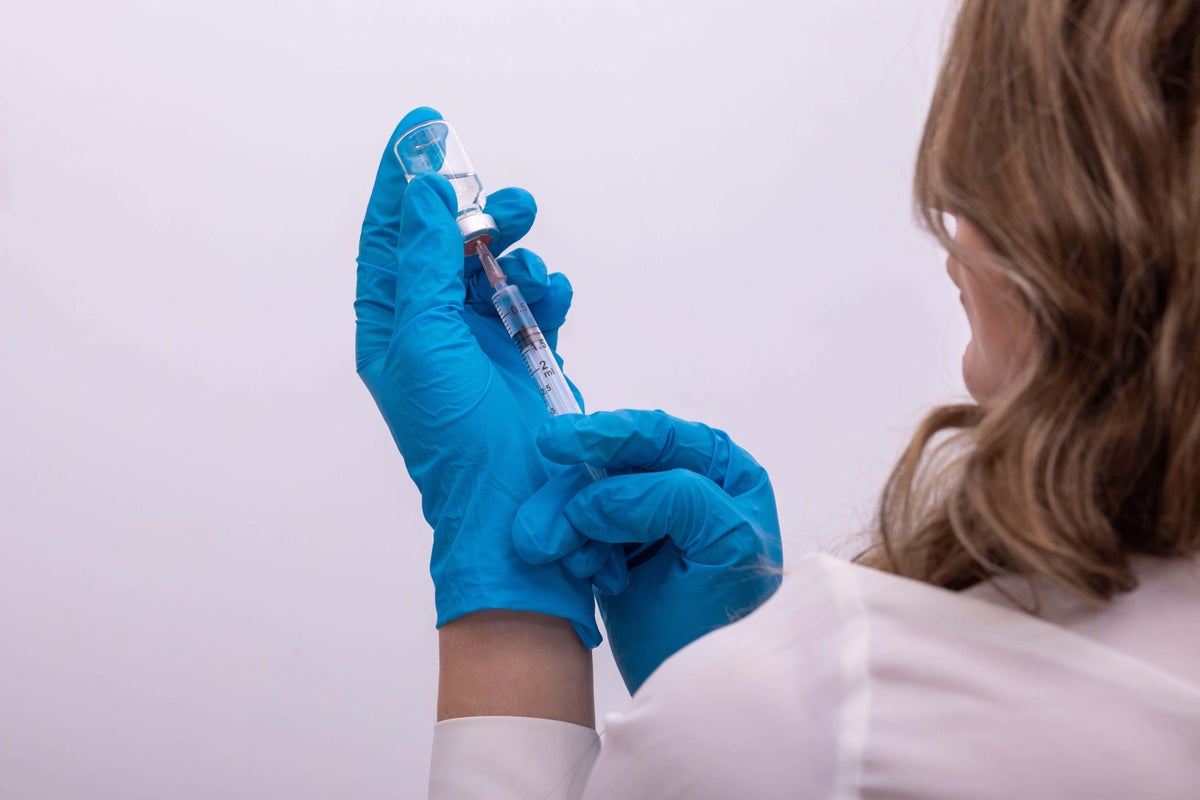
A new Covid-19 variant has been recorded in parts of the UK, as the latest Omicron strain has caused cases to spike.
Pirola, or BA.2.86, appeared earlier this summer and caused concern among experts due to its 34 mutations, which could potentially make it easier to evade vaccines.
As of this week, there have been 37 cases recorded in England, an increase of three infections from the previous week.
Cases have been registered in the east and north of the country, with seven of those hospitalised while no deaths have been reported.
The UKHSA reported that 28 of the cases were identified as part of a care home outbreak investigation in the east of England.
An additional nine cases were identified through surveillance testing, with six in London, one in the northwest, one in the northeast and one in the east of England.
None of those cases is understood to have recent travel history, meaning the virus is spreading in the community, the UKHSA said.
What are the symptoms?
According to the ZOE Health Study, the five most common symptoms of Omicron are:
- Runny nose
- Headache
- Fatigue (mild or severe)
- Sneezing
- Sore throat
As a result of the new variant spreading, the NHS decided to bring forward the Covid and flu vaccination roll-outs, with those aged 65 and over and those in at-risk groups invited to book jabs.
Pirola is the latest mutation of the Omicron strain— (Getty Images/iStockphoto)
Health officials across the globe have continued to monitor the Pirola variant, with countries including Canada, Denmark, Israel and the US detecting cases.
Talking about the new variant, NHS director of vaccinations and screening Steve Russell said: “The NHS flu and Covid vaccination programmes have been very effective in protecting those at greatest risk and we will work at speed to ensure they are protected once again this year, starting with care homes and those who are housebound today.
“With concerns arising over new Covid variants, it’s vital we adapt the programme and bring it forward for those most at risk, and so I strongly urge everyone eligible to come forward as soon as they can for this important protection in colder months.
“NHS staff have worked hard to ensure services are ready for patients to get jabbed at an earlier stage so they can get their protection as soon as possible.”







